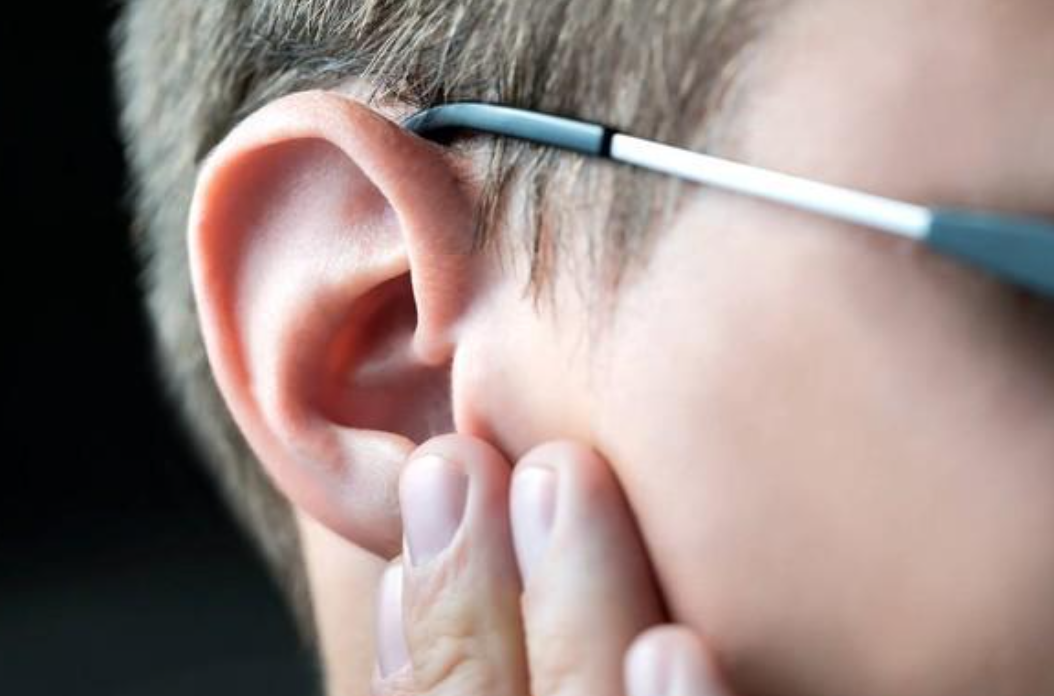
● Don't drink too much
If stimulated by long-term, excessive alcohol, the ear will mainly appear ear tightness and swelling, sudden deafness and other conditions, resulting in hearing loss.
● Reduce negative emotions
Studies have found that anger, depression, sadness and other negative emotions may induce sudden deafness. In addition, the mood swings of patients with sudden deafness are often larger, some people will be more irritable, and some people are very introverted and easy to drill.
● Don't cover your nose and mouth when you sneeze
Some people will subconsciously cover their mouth and nose when they sneeze, in fact, it is not good to do so, because there is a eustachian tube between the pharynx and the tympanic chamber of the middle ear, which maintains the balance of pressure between the middle ear and the outside world.If sneezing tightly covers the mouth and nose, it will increase the pressure of the nose, and bacteria and viruses are easy to enter the middle ear tympanum with the airflow from the eustacia tube to the low pressure, resulting in acute otitis media, resulting in hearing loss.
● Pay attention to ear protection when driving, flying, diving
When driving fast, the wind noise may exceed 100 decibels, which is very damaging to hearing. Therefore, it is recommended to drive with the Windows closed. In addition, when taking a plane, the plane takes off, climbs or falls, the air pressure will undergo drastic changes, which will have an impact on the eardrum, causing ear discomfort and tinnitus, and may cause extreme ear pain, headache, eardrum perforation, etc., affecting hearing. It also occurs when diving.
When diving and flying, pay attention to ear protection. Swallowing, chewing and yawning can open the eustachian tube to relieve ear pain. Wear earplugs when diving.
● Don't abuse drugs
When sick, many people will use antibiotics, but the abuse of antibiotics can also damage hearing, leading to deafness. Many drugs, including antibiotics and some antipyretic drugs, analgesics, etc., may cause irreversible hearing damage to specific individuals or sensitive individuals. These drugs should only be taken under the guidance of a doctor. Do not take them by yourself.
● Don't be too tired and get enough sleep
From the clinical point of view, staying up late for a long time, poor rest, lack of sleep, and the body is in a state of fatigue are all induced factors of sudden deafness. For example, many white-collar workers reported that they had worked overtime continuously before hearing loss and felt very tired, and student patients said that they had stayed up late before the exam. Therefore, while working and studying, we should ensure rest and sleep, and pay attention to the combination of work and rest.
● Don't ignore colds, rhinitis and pharyngitis
Many people's ear infections are caused by upper respiratory tract diseases, especially rhinitis, pharyngitis, colds, etc. will cause ear infections such as otitis media, resulting in hearing loss.
Data shows that one in two young people listen to music at higher than safe levels on devices such as smartphones, which are on the rise globally.
In an effort to make music safer for young people, the World Health Organization and the International Telecommunication Union have published new health guidelines on volume, including the ability to monitor volume and duration on personal audio devices.
"Allow Maximum Listening Volume" feature: Software that tracks the volume and duration of the user's listening and represents it as a proportion of the reference exposure;
Personalized information: Generate personalized information according to the user's ear habits, tell the user whether and how safe he is listening to the sound, and provide action tips for the user based on this information;
Volume limit function: provides options to limit the volume, including automatic volume reduction and parental control;
General information: Provide users with information and guidance on safe ear use practices when using personal audio devices and in other leisure activities.
The standard was developed under the WHO Make Hearing Safe initiative. The initiative aims to improve ear-using practices across the population, especially among young people, including exposure to music and other sounds in noisy entertainment venues and listening to music through personal audio devices.

